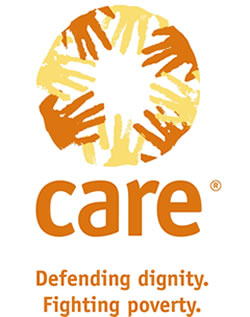What is the situation in Sierra Leone?
On February 14th, 2019, President Julius Maada Bio declared sexual violence a national emergency, vowing that sex with minors would be punishable by Life Imprisonment. However, the situation is highly political as, according to the national constitution, the President would need at least two thirds of the votes of the parliament to declare an emergency, which he did not. The opposition party, which has the majority seats in parliament, protested against the decision.
In Sierra Leone, the judiciary system is not strong enough and most rape cases do not make it to prosecution, and when they do, the sentencing is much too lenient. For example, one man raped an 11-year-old, and subsequently was only given a sentence of two weeks. Moreover, almost half the women in the country are reported to face sexual or physical violence during their lifetime, and 90 percent of females aged 15 to 49 have been victims of genital mutilation, according to United Nations data.
What is CARE doing?
In Sierra Leone, CARE supports a youth-led network to end female genital mutilation, and is a partner with several organizations that combat gender-based violence. A big chunk of CARE’s work in the West African nation is focused on improving sexual and reproductive health for women by supporting the national health system through providing medical supplies and modern contraceptive methods, as well as providing training to health service providers, in order to promote quality services. CARE also works with communities to change harmful social norms that prevent women and girls from accessing their sexual and reproductive health rights. CARE places a special emphasis on strengthening women’s access to and awareness of their sexual and reproductive health rights and HIV and AIDS prevention within communities, increasing the availability of quality information and sexual and reproductive health services, taking into account the different gender needs and sensitivities, while in parallel, working with stakeholders and communities to strengthen mechanisms that will improve sexual and reproductive health services and facilities to adolescent girls and vulnerable women. CARE’s sexual and reproductive health program is present in about 30 per cent of the communities in Sierra Leone, prioritizing implementation in districts with a high HIV burden and high rates of teenage pregnancy.
Subscribe
Login
0 Comments
Oldest




